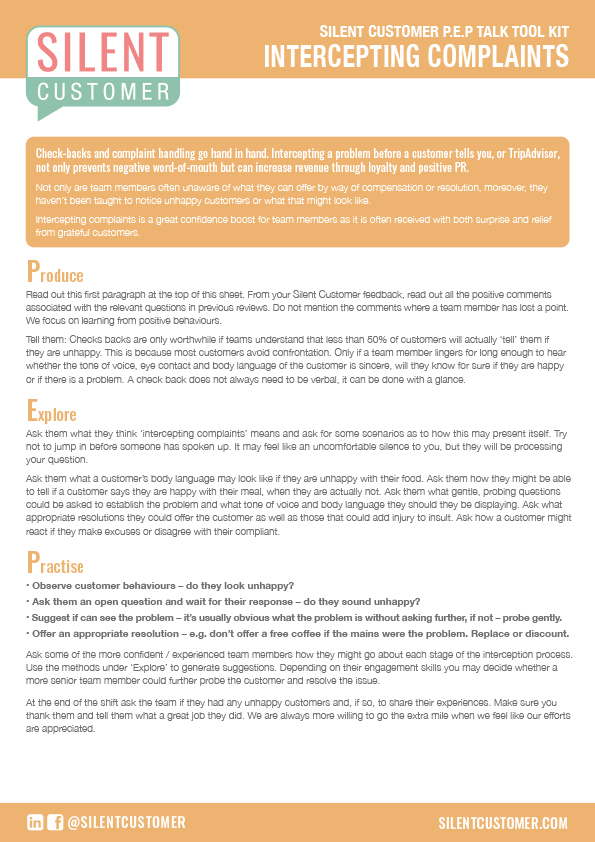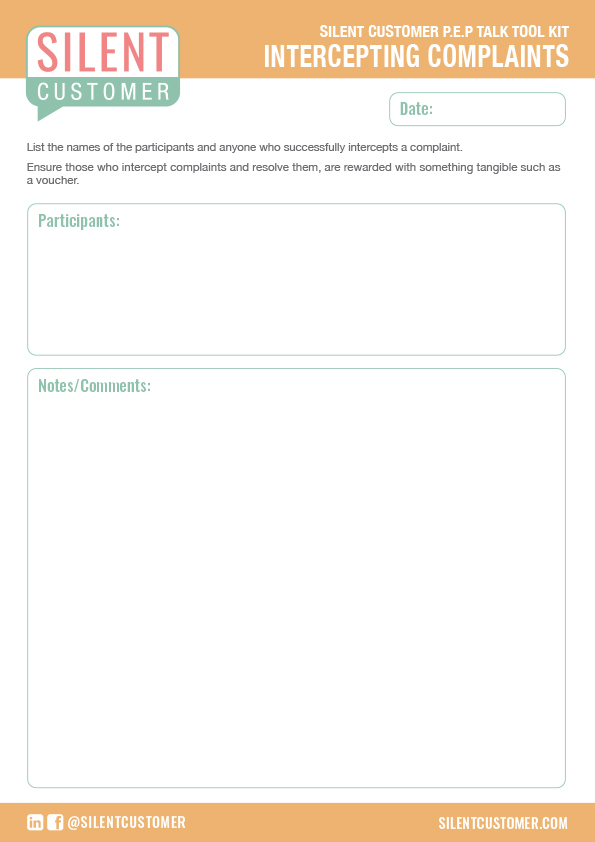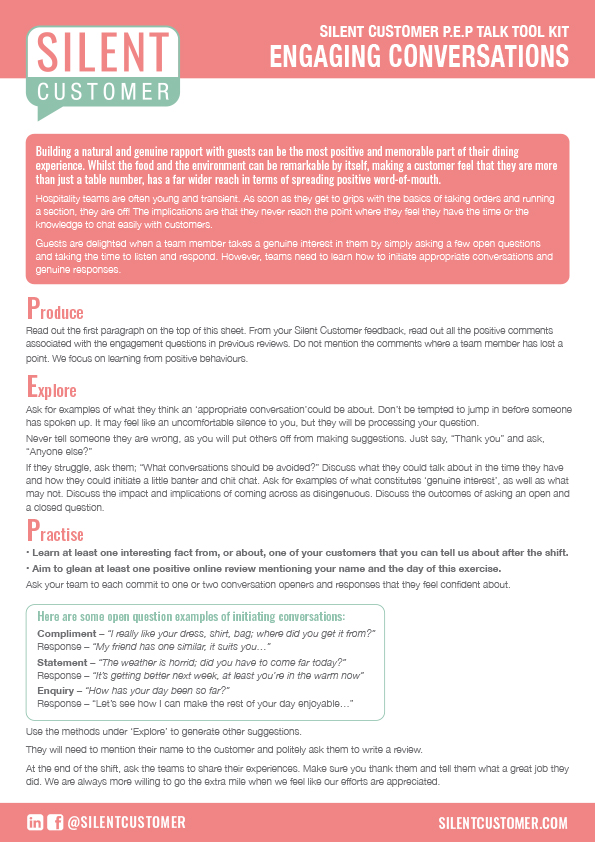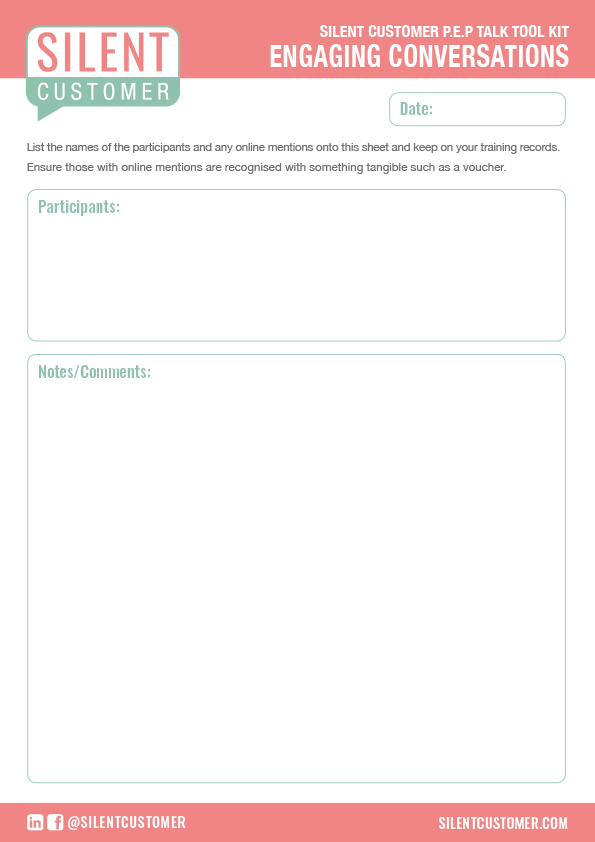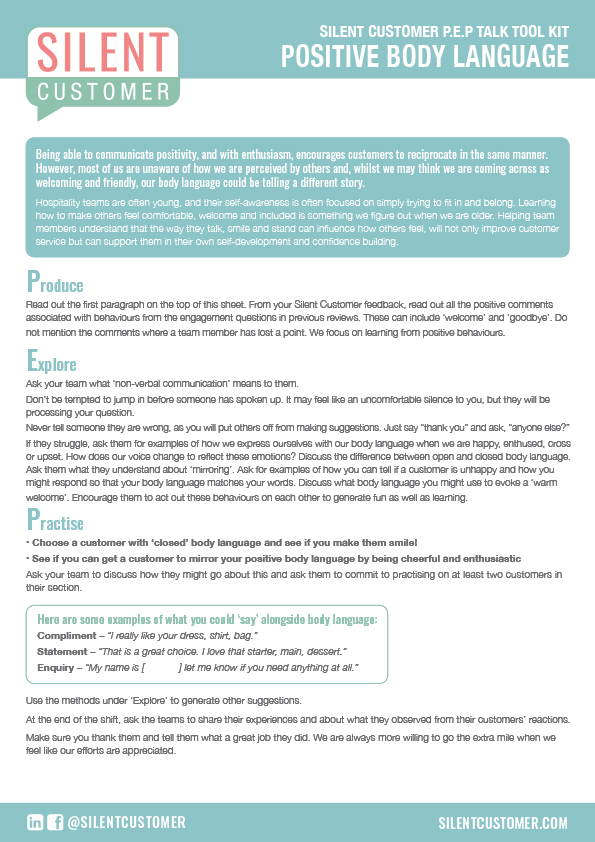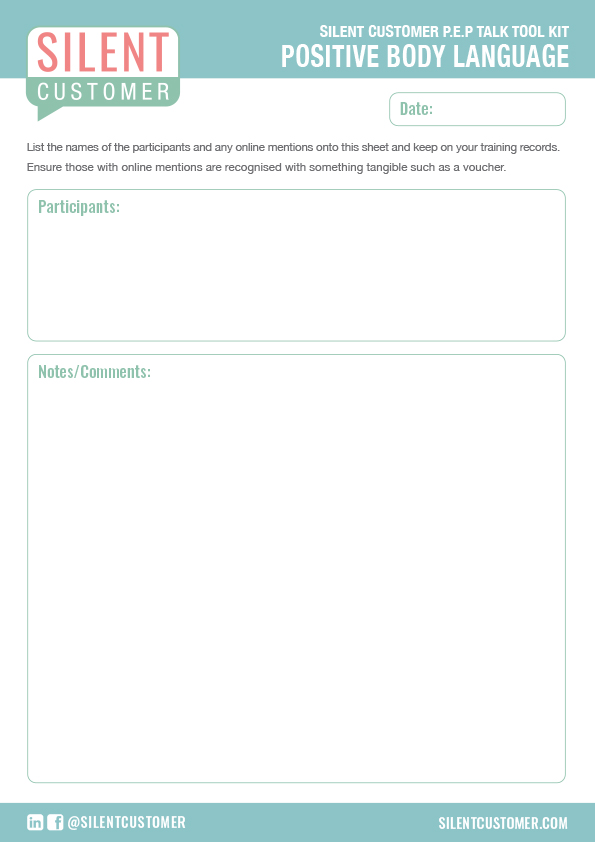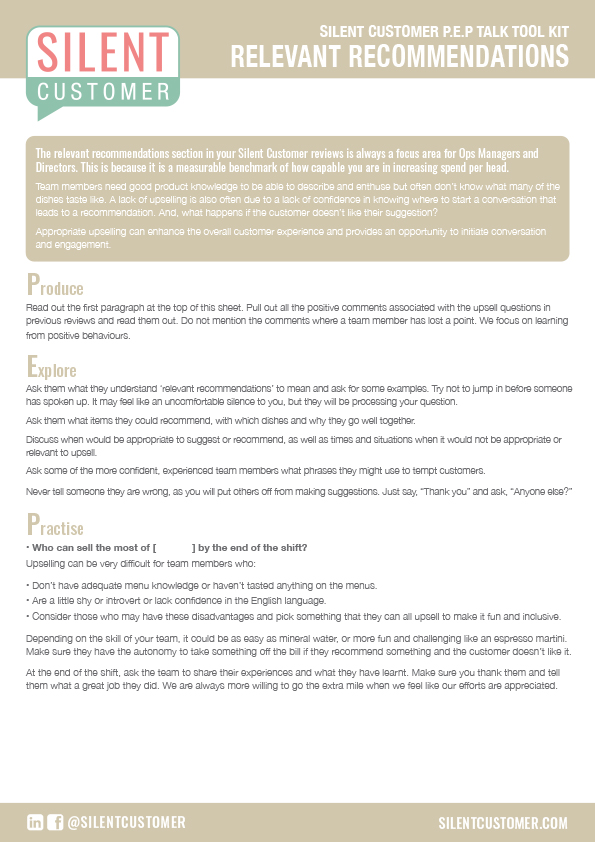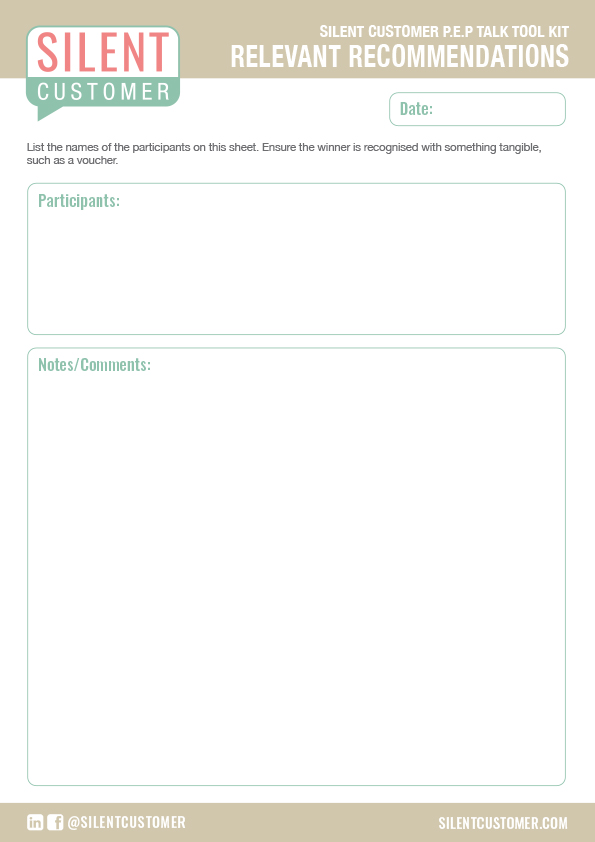Guide to Secret Shoppers and Mystery Shopping
So you want to find out what is going on in your service led business while you are not around? Thinking about taking on a mystery guest company but don’t know where to start?

What is mystery shopping?
Simply, mystery shopping is where a member of the public acts as a secret shopper and covertly visits a business to give their unbiased feedback. This feedback is delivered on a questionnaire survey via a software platform and can be accompanied by images as well as audio or video files.
Why not just rely on customer reviews, which are free?
While customer reviews are free and plentiful (at Silent Customer we use a fabulous platform that collates them and delivers sentiment analysis), this form of feedback tends to be short, anecdotal and lacks the deeper insight that mystery shopping can deliver. For example: No customer is going to write a Google review highlighting missed upsell opportunities, revenue wastage or marketing and branding shortfalls. They will tell you if something was outstanding and/or what annoyed them, and sheer volume will deliver a balanced view of what some of the things you are doing great but why hear only part of the story? In our view, you need both deep and surface-level insight to know which business decisions you should make.

An example of how secret shoppers and mystery shopping can improve your service journey
One brand standard a new client insisted on recently was that a bottle of water should be delivered to the table as soon as a customer is seated. This is a good service touch point BUT they wanted the main server of that table to do this and no one else. While this is a lovely idea, and I could see the logic in it, I knew it was totally impractical since customers have a habit of arriving in waves, not in orderly 5 minute intervals where this would make it possible. It makes more sense that any team member with a free moment would do this and the main server gets to their allocated table as soon as they can. However, we added this requirement to the survey and waited to see how it went. Needless to say, shortly afterwards it was realised that it wasn’t ergonomically possible to do, and the question wording and the way water was delivered to the table, was changed. This had two impacts: 1) The service team embraced the mystery shopping programme because they realised it shed light on what they could or could not fairly manage. 2) It made service smoother for customers and the team. This is not something that would not be highlighted in a Google review.
An example of how mystery shopping can reduce revenue leakage
A client with a group of large hotels had a system whereby guests could choose to add breakfasts, or not, at the point of booking a room. The next morning, they would wander down to breakfast and the assumed procedure would be that they asked if they had pre-paid for breakfast or not at a host station. Well, I’m sure you can guess what was NOT happening. We sent in our mystery guests without pre-paid breakfasts and, sure enough, more often than not, they were able to help themselves to free breakfasts. Again! Who is going to put that on a Google review?!
Which mystery shopping company should I choose?
There are many secret shopper and mystery shopping companies on the market now. Just Google ‘Mystery shopping companies UK’ and the list is endless But, don’t be fooled, we are NOT all the same.
Pricing is one obvious difference. Big mystery shopping companies only take on bigger contracts to enable them to keep their fees at rock bottom since volume can compensate for the minuscule margins. These questionnaires tend to be shorter since the longer they are the longer they take to be checked and edited by quality control teams. Also, since the pay to the shopper is also tiny, the validity of the feedback itself should come into question since the pay does not come anywhere near close to minimum wage. That said, since the volume presents such a big data set, qualitative feedback can still be gleaned from them as long as the food and service required is formulaic and robotic.
There are also specialist mystery shopping companies who are still big but have built their software around supporting only one industry.
There are smaller boutique agencies such as ourselves at Silent Customer who offer a more consultative approach. As well as exporting the data we offer more tailored packages that can include support and more in-depth questionnaires that are built around understanding human behaviours and emotional responses.
To find out more about how we could help your business please don’t hesitate to get in touch with one of our friendly team.

